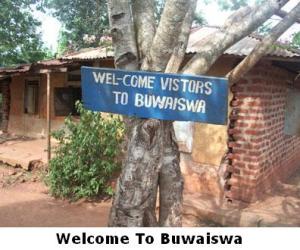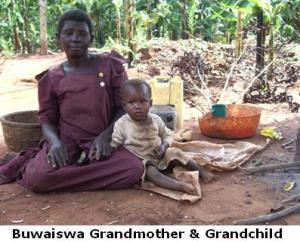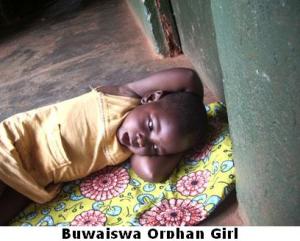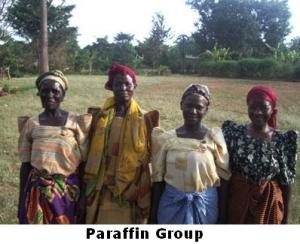Once on of the ten richest countries in the world, recurring political corruption and an economic crisis in 2001 has greatly impacted the economic stability of the country.
The Argentine “comedor” is a mixture of a soup kitchen and community forum depending on the location. Generally comedor’s provide one daily meal for people living in the community. These meals are either eaten at the comedor, or taken home to eat. Some comedors even act as a daycare or after school program where kids can come to do homework or other activities.
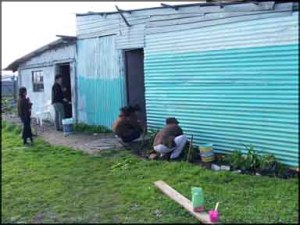 My name is Jacquelyn, I am from Kansas City, Kansas. I graduated in 2006 with an economics degree and was unsatisfied in my job. Wanting to enter the world of microfinance, I felt hands on experience working for a microenterprise would be essential in getting a feel for how microloans effect a community. In June 2008, I came to Argentina to work with a comedor and the baking cooperative they wanted to implement.
My name is Jacquelyn, I am from Kansas City, Kansas. I graduated in 2006 with an economics degree and was unsatisfied in my job. Wanting to enter the world of microfinance, I felt hands on experience working for a microenterprise would be essential in getting a feel for how microloans effect a community. In June 2008, I came to Argentina to work with a comedor and the baking cooperative they wanted to implement.
La Estrategia de Caracol is located on a dirt street and is a light green building thanks to a fresh coat of paint. The neighborhood is referred to as an “ausentimiento” or essentially privately owned property that was usurped by people moving to the area after the 2001 economic crisis. Houses in the area are precarious built using any materials they could find, cardboard, tin, wood boards, bricks, concrete. The street running past the comedor is not paved (as a majority are not in the area), which also means that no services pass by, including trash trucks, so people have taken it upon themselves to throw their waste in the street. Just the other day I noticed a tennis shoe embedded in the dirt road…
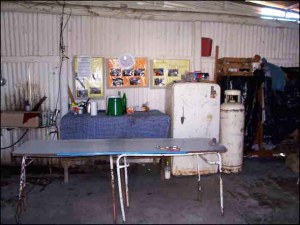 The building consists of two rooms, one for the comedor and one for a Panadería. The comedor side is slightly older and has a tin roof speckled with holes left by a hail storm last fall. (Eventually they will lay a thin layer of tar over the roof to prevent the leaking every time it rains.) During the week, a couple women come each morning to cook lunch for the community. Community members come with their own containers in order to take the food to their homes.
The building consists of two rooms, one for the comedor and one for a Panadería. The comedor side is slightly older and has a tin roof speckled with holes left by a hail storm last fall. (Eventually they will lay a thin layer of tar over the roof to prevent the leaking every time it rains.) During the week, a couple women come each morning to cook lunch for the community. Community members come with their own containers in order to take the food to their homes.
However, the kitchen is lacking various basic cooking utensils. The knives in the comedor are comparable to steak knives. These small knives are used to cut hard vegetables such as carrots, potatoes, and butternut squash, not an easy task – I have blisters to prove it! They did not have a can opener and one day I used a wooden stick to pound a broken knife blade and into 15 cans opening them inch by inch. After telling my host mom this, she immediately donated a small manual can opener which they have made good use of since. Old wooden cutting boards and stirring spoons are used, whose potential hazard for bacteria prevents me from eating the food as much as possible. The same three dirty, grungy dish towels are used over and I have never seen anything disinfected or a table washed with soap.
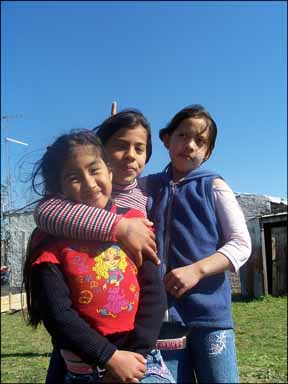 This prompted me to raise funds from friends and family members in the U.S. in order to buy some of these kitchen supplies that you and I take for granted. Thanks to their great philanthropic spirits, over $400 was raised to buy these materials. In my final week here I will be buying the supplies for the comedor. I will also be holding a “hygiene” workshop to talk about proper cleaning and disinfecting procedures.
This prompted me to raise funds from friends and family members in the U.S. in order to buy some of these kitchen supplies that you and I take for granted. Thanks to their great philanthropic spirits, over $400 was raised to buy these materials. In my final week here I will be buying the supplies for the comedor. I will also be holding a “hygiene” workshop to talk about proper cleaning and disinfecting procedures.
I accepted this internship to get experience working with a microenterprise. La Estrategia de Caracol started the idea of a panadería or bread baking cooperative early 2008 spurred by the construction of a mixed material oven due to the help of another local NGO, Biosfera, and the previous intern, Arvil. Thanks to a grant received by Arvil, they were able to buy many of the materials to realize the baking cooperative, including a 30 kilogram industrial mixer. However, when I arrived in Argentina, the baking cooperative had not yet been fully realized. The comedor provided a room in which the cooperative could be housed, but it need various repairs, including fully sealing the room (large cracks were left between the ceiling and walls), routing water and electricity from the other side of the comedor and adding locks and sufficient security to protect the expensive equipment. Many of the materials to do the repairs had already been bought with the previously received grant, the man power is what was needed. Marta’s husband, Daniel, was fully capable of doing most of the repairs, but was very busy with his job, so most of the work was put on hold.
My seeds fund grant was used to pay for some of the work to be done. My host dad, Claudio came and installed all the electric work (using both volunteered time and materials). Daniel installed the sink (though as of today water had not yet been installed.) The lock has been bought for the door. Once the lock is installed, materials can be moved to the panadería and the women in the community can start their business. Hopefully I will see some movement toward this by the time my internship ends next week.
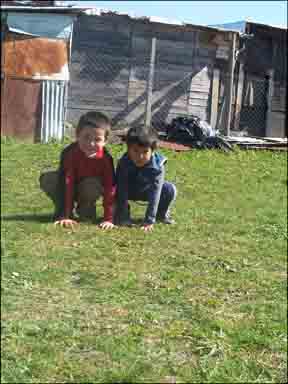 Working with the comedor and panadería has been quite an experience. It has taught me that expectation are not always met, and just because they are not met as intended does not mean that outcomes will not have an impact. It has been difficult for me to see work that is being done that I feel does not meet my “American” standards, but I have had to learn that what is acceptable for me and what is acceptable for them are two different things. They are making the best they can out of their limited resources. Whatever assistance I or other interns can give them along the way is greatly appreciated by them. We are then repaid with the satisfaction of knowing that the work we have done has hopefully helped them take another step towards a more sustainable future.
Working with the comedor and panadería has been quite an experience. It has taught me that expectation are not always met, and just because they are not met as intended does not mean that outcomes will not have an impact. It has been difficult for me to see work that is being done that I feel does not meet my “American” standards, but I have had to learn that what is acceptable for me and what is acceptable for them are two different things. They are making the best they can out of their limited resources. Whatever assistance I or other interns can give them along the way is greatly appreciated by them. We are then repaid with the satisfaction of knowing that the work we have done has hopefully helped them take another step towards a more sustainable future.
